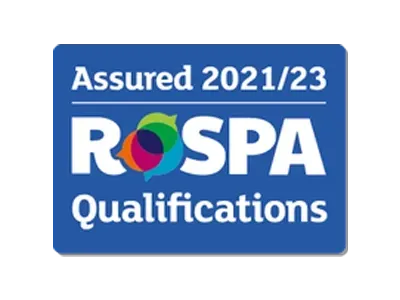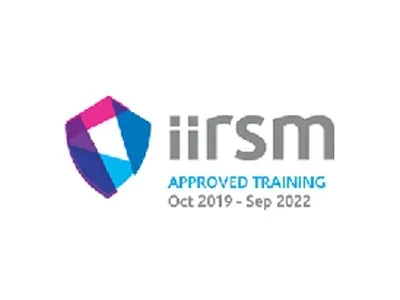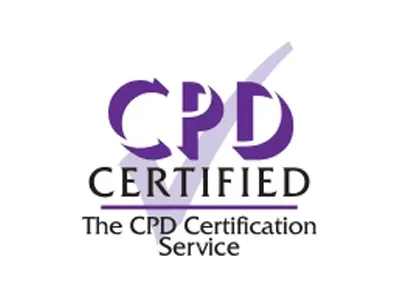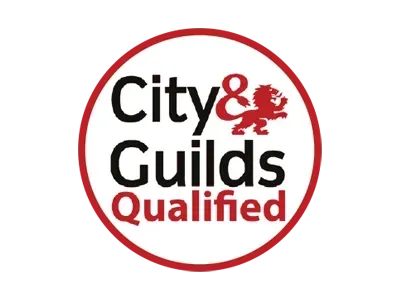Insight:
Ensuring Water Safety in Residential Buildings: Key Considerations

Water safety is of utmost importance in residential buildings, where individuals rely on clean and healthy water for daily activities. Ensuring the safety of water systems in residential settings requires careful consideration and adherence to key guidelines. In this article, we explore the essential factors to consider when it comes to maintaining water safety in residential buildings, including legionella risk assessment, regular testing, and preventive measures.
Understanding Legionella Risk Assessment
Legionella risk assessment is a critical step in identifying potential hazards and assessing the risks associated with legionella bacteria in residential water systems. Conducting a thorough risk assessment helps homeowners and property managers understand the vulnerabilities within their water systems and implement appropriate control measures.
Regular Water Testing
Regular water testing is vital to monitor the quality and safety of water in residential buildings. Testing for legionella bacteria, as well as other potential contaminants, helps detect any issues early on and allows for prompt remedial actions. Following industry guidelines and standards, such as those outlined in HSG274 and ACOP L8, ensures accurate and reliable testing procedures.
Preventive Measures for Water Safety
Implementing preventive measures is crucial to maintain water safety in residential buildings. These measures include proper maintenance of water systems, regular cleaning and disinfection, temperature control, and the installation of appropriate devices like thermostatic mixing valves (TMVs) and backflow prevention devices. Adequate ventilation and insulation can also contribute to reducing the risk of legionella growth.
Awareness and Education
Raising awareness among residents about water safety is essential. Educating residents about the risks associated with legionella bacteria and providing guidance on preventive measures, such as proper cleaning of showerheads and regular flushing of unused outlets, can help minimize the risks of contamination. Clear communication channels and informative materials can ensure that residents are well-informed about water safety practices.
Professional Services for Water System Maintenance
Engaging professional services for water system maintenance is highly recommended to ensure comprehensive care and expertise. Qualified professionals can conduct legionella risk assessments, perform regular testing, and provide guidance on maintenance practices. They can also assist in the development of tailored preventive measures to address specific risks in residential buildings.
Maintaining water safety in residential buildings is a responsibility that should not be overlooked. By conducting legionella risk assessments, regular water testing, and implementing preventive measures, homeowners and property managers can create a safe environment for residents. Adhering to industry guidelines and seeking professional assistance can significantly contribute to the ongoing safety and well-being of individuals in residential buildings.




